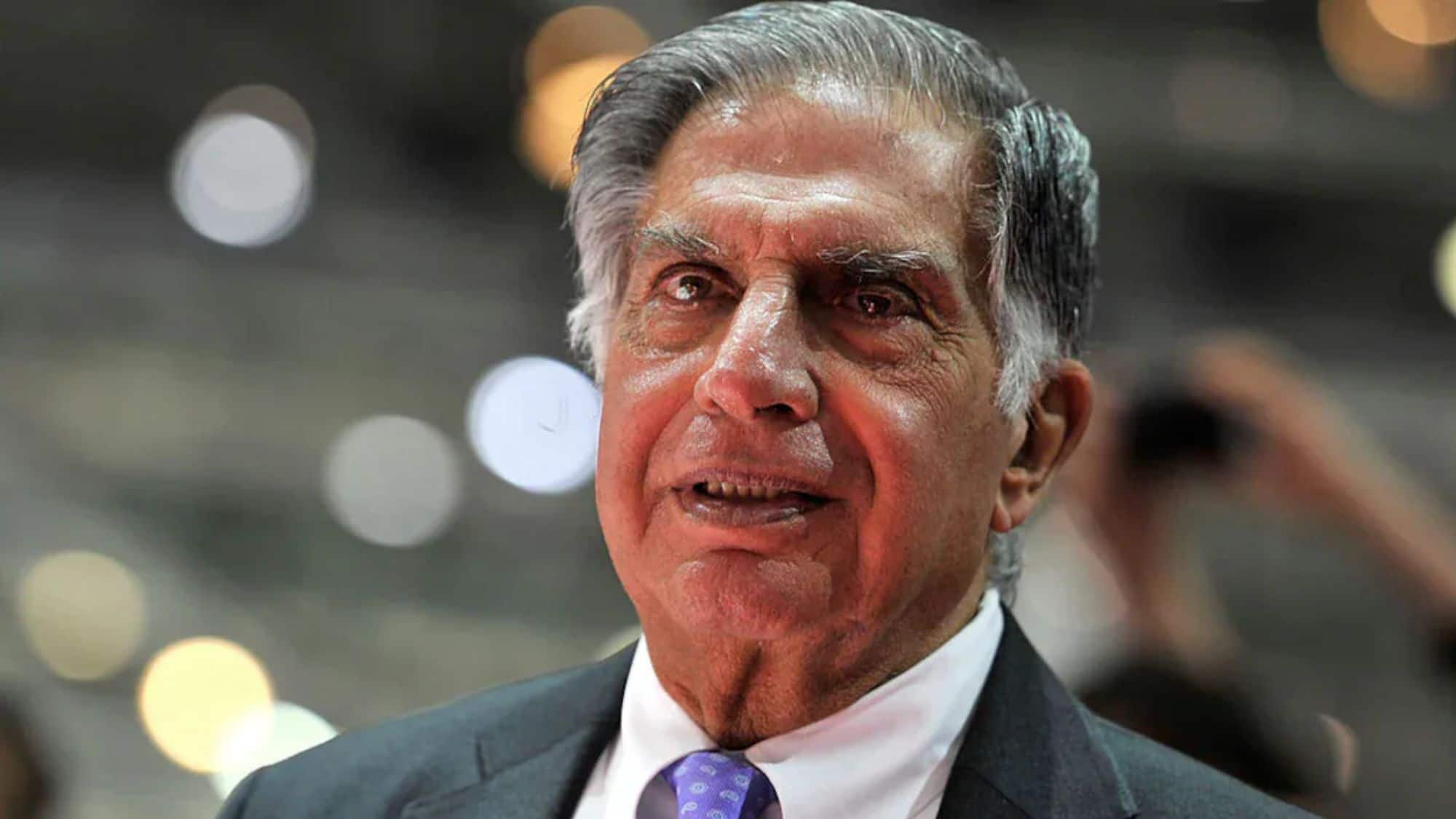Ratan Tata, a prominent figure in Indian business, was born on December 28, 1937, in Mumbai. Known for his leadership of the Tata Group, he played a pivotal role in transforming the conglomerate into one of India’s most respected and successful enterprises. With a degree in architecture from Cornell University, Ratan Tata joined the Tata Group in 1961, marking the beginning of a transformative era for the business. His vision and commitment have left a significant impact on the industry and society.
Early Life and Education
Ratan Tata was raised in a family with a rich legacy in business, which greatly influenced his entrepreneurial journey. After completing his schooling, he pursued architecture at Cornell University in the United States, where he also earned a degree in management from the Harvard Business School. This educational background laid the foundation for his innovative thinking and strategic decision-making skills.
Career Milestones
Joining the Tata Group
In 1961, Ratan Tata returned to India to join the Tata Group, where he initially worked on the shop floor of Tata Steel. His hands-on experience helped him understand the operational challenges faced by the company, paving the way for his subsequent success as a leader.
Transforming the Tata Group
In 1991, Ratan Tata became the Chairman of the Tata Group, succeeding J.R.D. Tata. Under his leadership, the group diversified its operations, expanding into various sectors, including IT, telecommunications, and hospitality. His strategic acquisitions, such as the purchase of Tetley Tea, Jaguar Land Rover, and Corus Steel, significantly boosted the group’s global presence.
Philanthropy and Social Impact
Ratan Tata is not only known for his business acumen but also for his philanthropic efforts. He has played a crucial role in supporting education, healthcare, and rural development initiatives across India. His commitment to social responsibility reflects the Tata Group’s enduring legacy of giving back to the community.
Legacy and Recognition
Ratan Tata’s contributions to business and society have earned him numerous accolades. He is often regarded as a symbol of modern Indian entrepreneurship, and his leadership style has inspired many young entrepreneurs. In recognition of his achievements, he has received various awards, including the Padma Bhushan and Padma Vibhushan, two of India’s highest civilian honors.
Conclusion
Ratan Tata’s journey from a young architect to a business magnate exemplifies resilience, innovation, and ethical leadership. His vision has not only transformed the Tata Group but also positively impacted numerous lives. As he continues to inspire the next generation of leaders, his legacy will undoubtedly endure for years to come.
